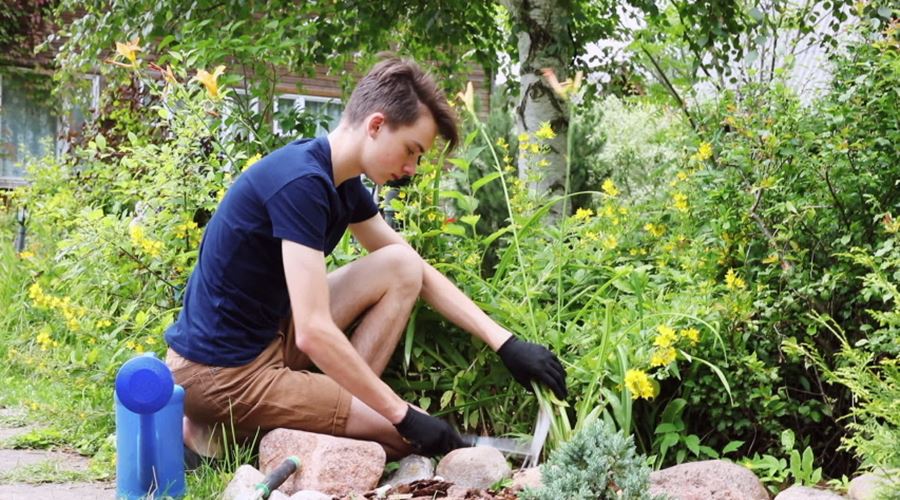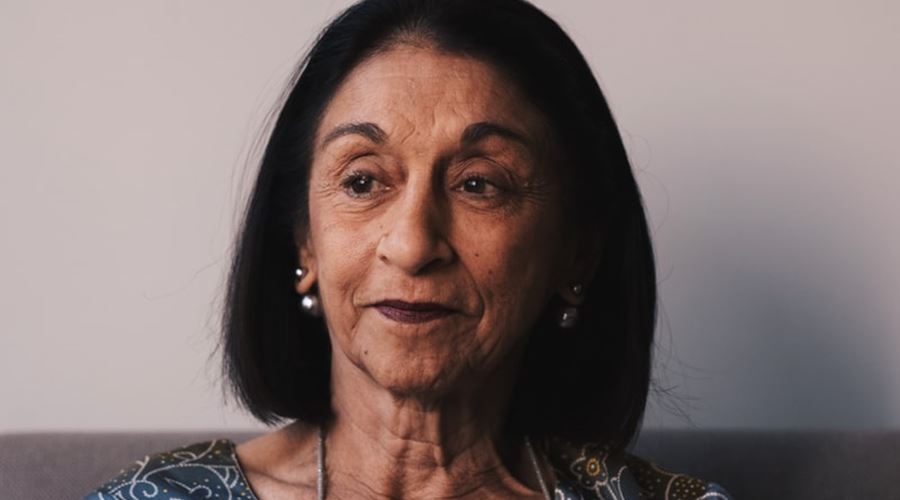- Home
- Info & Support
- Treatment & Support
- Current: How You Can Help Yourself
Do you need urgent help?
If you need to speak to someone right now, here are some confidential options which provide 24/7 support. If you're worried you might hurt yourself or someone else, please call 999, or go to your nearest A and E.
Childline
Helps anyone under 19 in the UK with any issue they’re going through. Childline is free, confidential and available any time, day or night.
0800 1111Samaritans
24 hours a day, 365 days a year. You don't have to be suicidal to call us
How You Can Help Yourself
Here are some things we can do to manage our symptoms and help prevent things getting worse.
Therapy and medication are two of the main treatments for mental health conditions. But if you're living with a mental health condition, or feeling anxious or worried, here are some things you can do yourself which may be helpful.
Find out more
- Reading more about diagnosis, symptoms and treatment can help us understand more about our experience.
- Reading or watching other people’s experiences can help us feel less alone. They can also help us understand more about what we are experiencing. Have a look at Mind’s mental health selfies.
- Think about early warning signs. Being aware of signs we are becoming unwell can help us take action early. We might find it helpful to tell people who are close to us about these signs too. Some of us find it helpful to keep a mood diary to help us stay aware of our mental health.
Think about life as a whole
- Looking after our physical health can help improve our mental health.
- Think about your social life. Feeling connected to other people can help us feel better. Feeling isolated and lonely is not good for our mental health. Try and connect with friends and family, or think about local events, clubs or volunteering that you could go along to. Our information on relationships might help too.
- Think about recovery as a whole. Recovery is not just about treating our symptoms. There are lots of things we can do to help us feel more hopeful.
- Complementary therapy can help us feel calmer and may help us sleep better too.
Talk about it
- Peer support can help us meet people who have similar experiences. It can help to know that other people really understand. We can share tips and suggestions for dealing with our mental health issues. Have a look for local groups or read our guide on finding support online.
- Talking to family and/or friends can help them understand more about what we need. Tell them what helps, what makes things harder and what they can do. It might help to show them our information on how they can help.
Find extra support
- We should talk to a doctor if we are not happy with our treatment. It’s ok to ask for a second opinion from a different doctor too.
- If we are in education, we could talk to a trusted teacher or school/college counsellor about extra support.
- Look for a specialist organisation. There are lots of organisations that can help with specific diagnosis or provide more general support. For example:
- Aware NI offers support with depression and bipolar disorder.
- Cause is a support organisation for carers.
- Our Family Wellness Project can help with the mental health of parents and children.
- Action Mental Health can help improve the quality of life of people with a mental illness or learning disability in Northern Ireland.
- The Rainbow Project offer advice and support to LGBTQ+ people in Northern Ireland.
- Cara-Friend supports LGBTQ+ people in Northern Ireland, and offers a helpline.
- NICRAS supports refugees and asylum seekers in Northern Ireland.
You can search for other organisations here.
- Plan for a crisis. Sometimes when we are very unwell, we can’t tell people what we want or need. It can be helpful to make a crisis plan and write it down. If we have close family or friends, we may want to talk to them about how they can help. The Samaritans (freephone 116 123) or Lifeline (freephone 0808 808 8000) are there to listen at any time.
Get involved
- Challenge stigma and discrimination. Talking to family and friends or joining a campaign will help more people understand what it’s really like to experience mental health issues. MindWise has lots of opportunities to get involved

Keeping well during coronavirus
Tips and help for keeping well during coronavirus from the Linked-In team.





